
In an era where health and wellness are paramount, the quality of the air we breathe indoors has become a focal point of concern, especially for those with sensitivities.
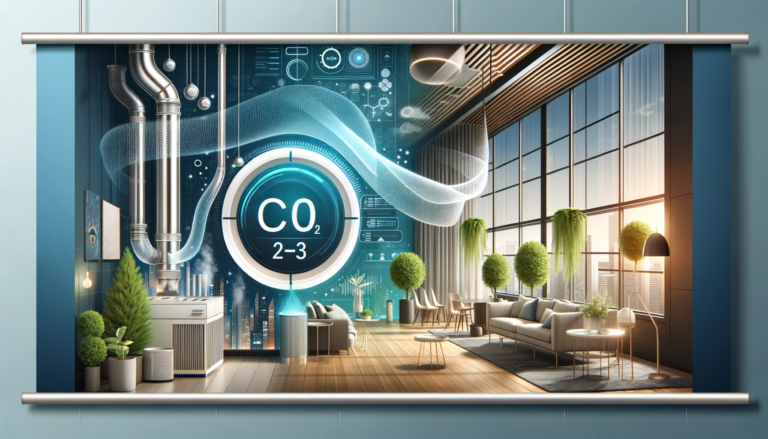
This strategy not only ensures cleaner air and better health outcomes but also supports sustainable and energy-efficient practices.
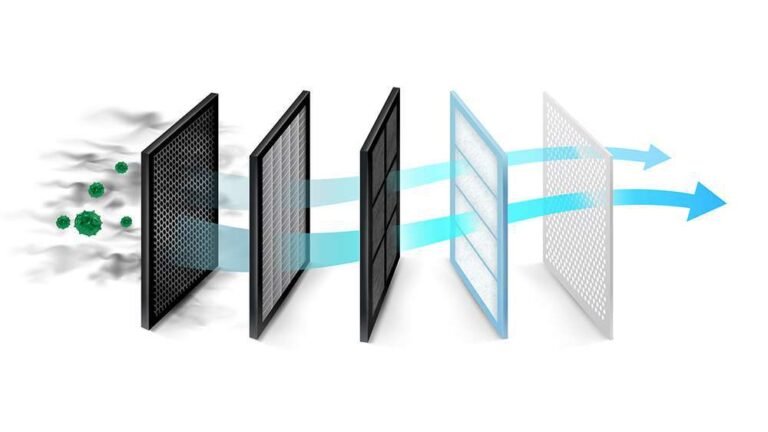
A poorly fitted air filter can have a number of negative consequences.

Every day, an average person breathes in about 11,000 liters of air, compared to consuming about 2-3 liters of water.
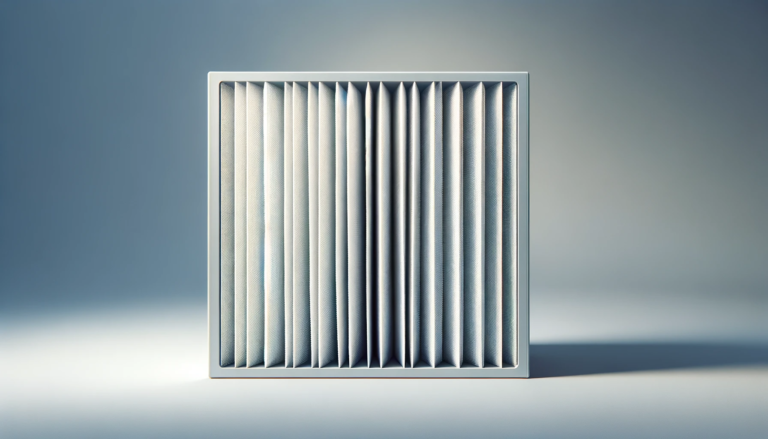
This article will delve into the pros and cons of both, helping you determine the best choice for your specific needs.
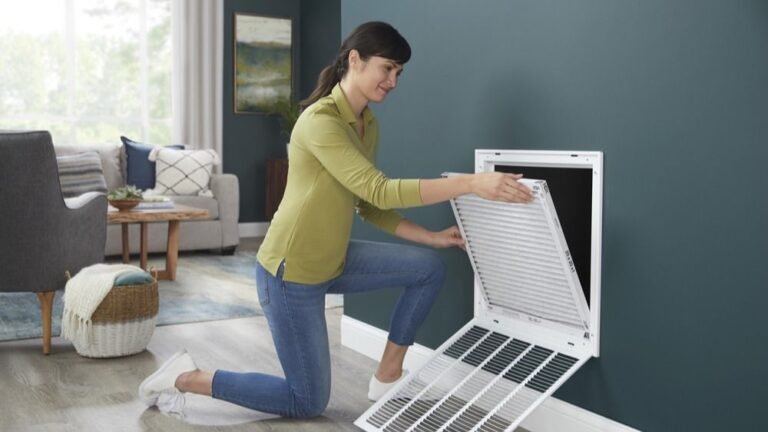
This comprehensive blog post will unravel the economic tapestry of air filtration, illustrating how an investment in superior filters is not just a matter of air quality, but also a wise financial decision that yields savings in the long run.
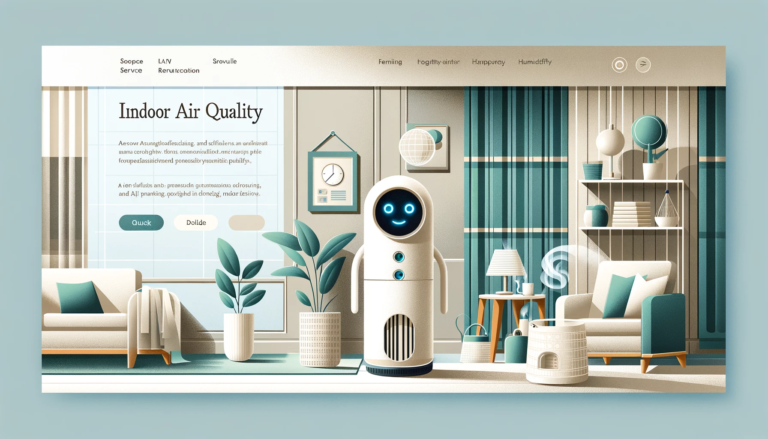
Poor air quality can have a wide range of adverse effects, from health issues like respiratory problems to reduced efficiency and lifespan of mechanical systems like HVAC units.

Submission Guidelines for Air Filter Test Reports - Filtration Advice TCO Software







